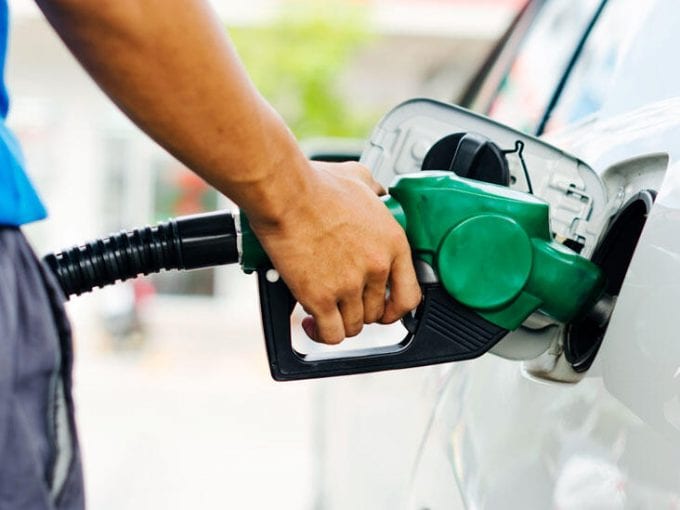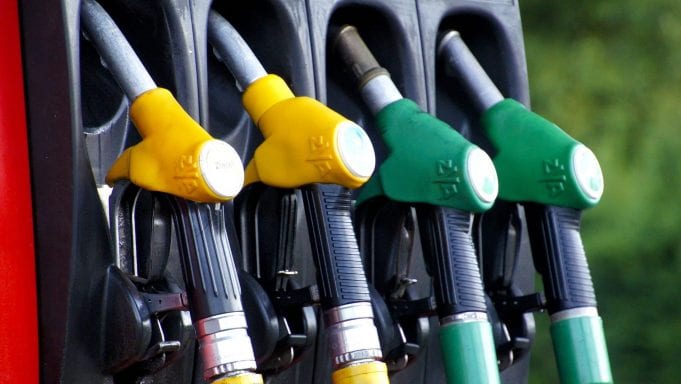Managing the cost of fuel in a company can be a headache for the fleet manager or for the accounting officer. Fuel, despite being a deductible expense for SMEs, represents a high percentage in the monthly expenses of any business that has its own fleet of vehicles.
More than half of companies do not control the fuel consumption of their fleets, so it is an aspect in which we are still at the tail of Europe and that reduces the competitiveness of companies in the sector.
To manage fuel expenditure, it must be taken into account that it is not a fixed cost but depends on multiple factors such as variations in the price of oil, the activity of the company, the model of the vehicles or the use that give these workers.
Some of the variables that affect costs do not depend on the fleet manager and not even on the drivers themselves. However, many others can be adjusted to reduce fleet costs. Fleet management systems have multiple advantages, including the ability to reduce fuel costs. Increases in fuel prices depend on global oil demand and also on future demand forecasts, as well as the situation of the extracting countries.
Recently, the prices of gasoline and diesel have reached figures that were not reached for four years, before this increase it is necessary to control other factors that are in the hands of the workers.
The item destined to the purchase of fuel is not the same in a car rental company than in a small SME that needs several vans to transport material. However, management systems are useful for any volume of business, since they always mean savings proportional to total expenditure.

What is not measured cannot be improved. This expression so crazed in recent times is also applicable to the use of fuel. It is necessary to take data from each of the vehicles separately to be able to verify which is the factor that is producing the greatest expense: the type of vehicle, the driver, etc.
One of the main concerns of companies is to streamline administrative processes when performing tasks such as: creating expense reports, deducting taxes and managing budgets, among others. In the case of logistics and transport companies, or those responsible for fleets, it is essential to find a solution that, in an agile way, collects data to create strategies that help to have better control of fuel.
Today there are several mechanisms for saving gasoline for companies and finding areas of opportunity to improve administration in this area. Among the most accessible are gasoline vouchers and fuel cards.
These solutions for companies offer 4 great advantages:
– Convenience of dealing with a single provider when making use of their electronic purses (cards); which, you can grant to each of your executives, employees or drivers of vehicles.
– Easy to access all the data of each transaction in real-time.
– Be safer and less susceptible to fraud compared to credit cards, because thanks to its chip and NIP technology, transactions are shielded at all times.
– Guarantee that the fuel loading points are safe and respect the fiscal and environmental regulations.
Credit cards vs. gasoline vouchers

Some organizations use credit cards for fuel expenditure, however, that affects their administration by having to collect all their bills since the statement is not deductible.
Therefore, more and more companies are turning to gasoline card solutions like iCompario as they have more detailed information that leads to greater control of their expenses and generates reports to optimize their operations.
At the same time, they receive tax benefits – because the expenses are 100% deductible and are in a single voucher – and they better manage the cash flow.
Other benefits of gasoline vouchers on credit cards are the following:
– Selective coverage (the company can define in which service stations gasoline or diesel can be loaded).
– They can be integrated into a network of discounts and exclusive promotions.
– Fraud protection because controls or operational locks can be established. For example, you can configure them to load only certain days, for a particular amount, at set times or number of charges per day.
– Direct controls at the gas station, which is a vehicle presence validation TAG that ensures that your vehicles are in the service station at the time of loading the fuel.
– Centralized billing
– More specific consumption information.
– Online account to manage expenses.
– Telephone attention 24 hours a day, 365 days a year.
– Web service to manage card requests, balance dispersions and movement inquiries.
– Fuel expense control
Although credit cards can be used for all travel needs, they have some disadvantages from the fleet control perspective:
– Lack of fuel data: type of fuel, cost per unit, vehicle and employee data.
– Group fuel costs with other data that is unrelated.
– Billing at each service station and then making the administrative crossing.
– Fraud risk
Why you should make sure to make a careful analysis

Fleet managers need much more than a simple payment tool. They require monitoring and control of the company’s main fuel costs, which are characteristics that very few credit cards offer.
Fleet managers and administrative managers need to balance the pros and cons of the alternatives to arrive at the solution that optimizes time and obtains the necessary information to find savings opportunities and better management.









